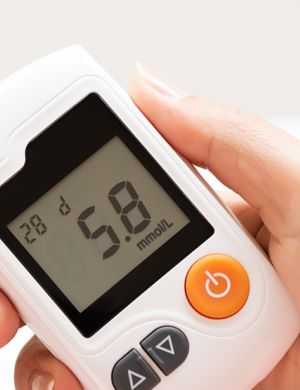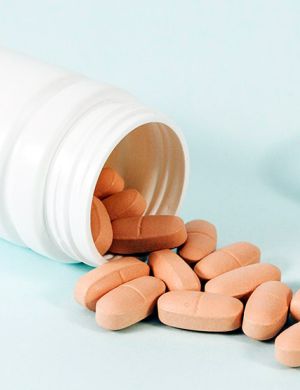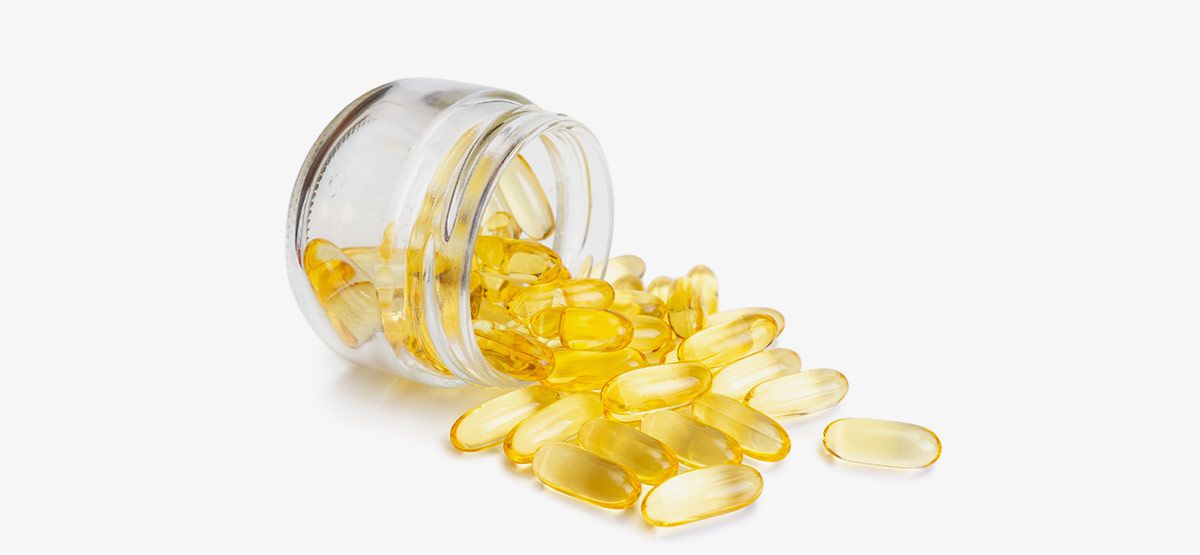
Consumer Health – USA/Europe/Asia/ROW Regulatory News – July 2024
USA
FDA Revokes Authorization of Brominated Vegetable Oil (BVO) in Food
The FDA has revoked the regulation permitting the use of brominated vegetable oil (BVO) in food. Following studies conducted with the National Institutes of Health, the agency determined that BVO’s intended use is no longer considered safe due to potential adverse health effects in humans.
FDA Publishes Summary Report on Fresh Herb Sampling Initiative
The FDA released results from a sampling assignment evaluating domestic and imported basil, cilantro, and parsley. The effort aimed to estimate the prevalence of Cyclospora cayetanensis, Salmonella spp., and Shiga toxin–producing E. coli (STEC), further supporting FDA’s proactive food safety strategies.
FDA Announces FY2025 User Fees for VQIP and TPP
The FDA has issued fiscal year 2025 user fee rates for importers in the Voluntary Qualified Importer Program (VQIP) and for accreditation/certification bodies participating in the Accredited Third-Party Certification Program (TPP). Authorized under FSMA, these fees help fund FDA’s program administration.
EUROPE
EFSA Launches Dietary Exposure Web Tool for Food Enzymes
EFSA has introduced a new web tool enabling industry and consumers to estimate dietary exposure to food enzymes more accurately, enhancing transparency and risk assessment capabilities.
Climate Change and AMR Increase Vibrio Risk in Seafood
EFSA reports that Vibrio bacteria in seafood are expected to rise globally and within Europe due to warming waters and reduced salinity. The assessment also highlights growing antimicrobial resistance in certain Vibrio species.
ASIA
ASIA
INDONESIA
BPOM Prepares AI and Emergency Guidelines for Processed Food Safety
To support World Food Safety Day 2024, BPOM conducted seminars and focus group discussions addressing preparedness for food safety emergencies. The initiatives aim to strengthen national readiness under the theme “Be Ready to Face Uncertainty.”
BPOM Works with Doctors to Address Non-Compliant Blue Label Skincare
BPOM hosted a communication forum to help healthcare professionals avoid legal risks related to prescribing or using skincare products with blue labels that contain medicinal ingredients but are sold freely without prescriptions.
ASEAN Laboratory Network Strengthened Through AFRL Workshop
BPOM’s National Drug and Food Testing Development Center hosted a five-day ASEAN Food Reference Laboratory workshop to enhance food quality and safety oversight across the ASEAN region. Participants included representatives from nine ASEAN national food reference laboratories.
REST OF WORLD
AUSTRALIA
FSANZ Seeks Public Input on GM Potato Approval
FSANZ is requesting comments on permitting food derived from a genetically modified potato (BG25) engineered for disease resistance and reduced browning.
FSANZ Calls for Feedback on New Definition of Genetically Modified Food
FSANZ is consulting on updates to the definition of genetically modified food under Proposal P1055, which seeks to refine gene technology and new breeding technique definitions in the Food Standards Code.
BRAZIL
Anvisa Tests New Food and Packaging Regulation Forms
Anvisa conducted user testing on new electronic forms for food and packaging regulation ahead of their September 1 implementation under RDC 843/2024. Feedback from participants will be used to optimize the forms before rollout.
Don’t miss out! Click here to stay in touch.
Categories
- Biopharma (59)
- Consumer Health (22)
- Cosmetics (11)
- Diagnostics (5)
- Digital Health (8)
- Food (2)
- Medical Device (113)
- OTC (5)
- Regulatory Intelligence (13)
- Standards (41)
Recent Blogs
Get the latest updates from Vistaar

Related Posts
CONNECT WITH US

Let's talk about how Vistaar can help you





